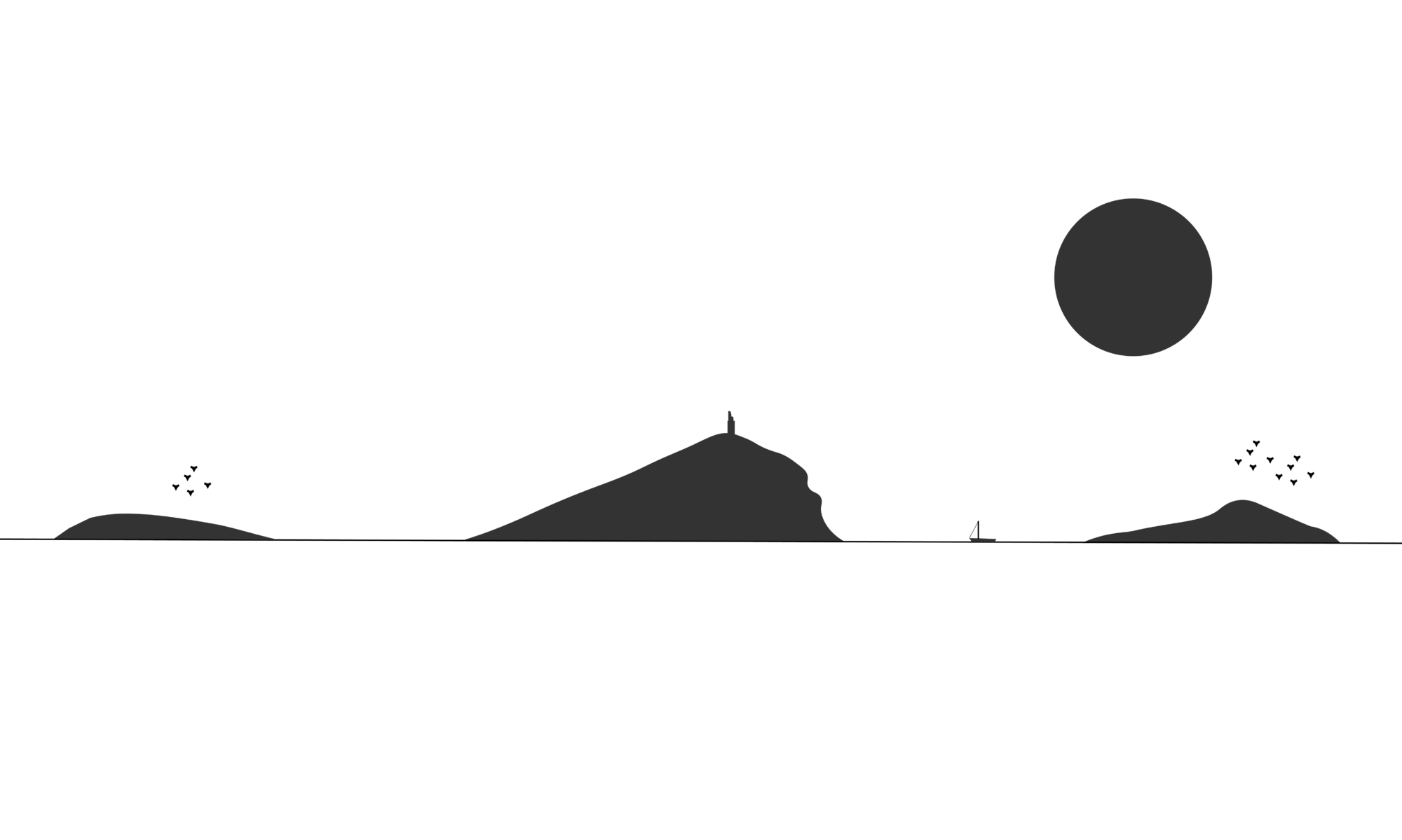A Ghent – Toronto Collaboration
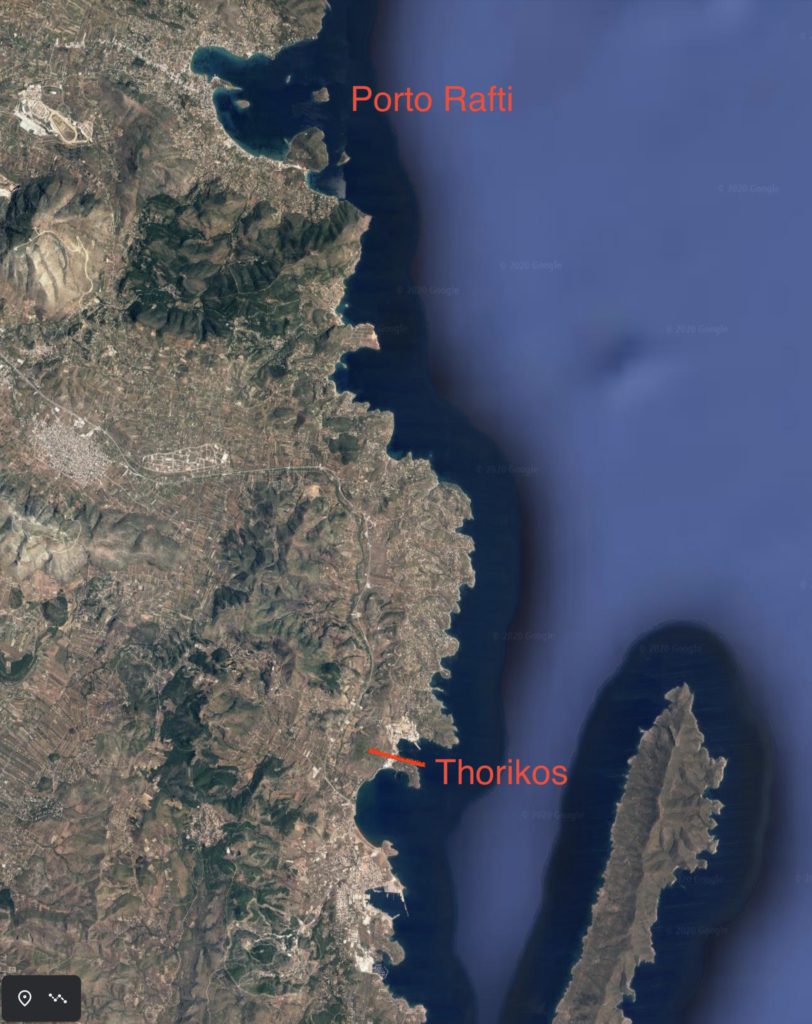
During the sweltering weekend of August 19-20, 2022, I had the unique opportunity to travel to Thorikos, an ancient settlement only a five-minute drive from modern day Lavrio, in Attica, Greece. The site of Thorikos is on the coast northeast of the Lavriotiki, the Lavrion area. This is a metalliferous region of Attica. The ancient town or deme comprised three areas: a double-bay harbour by the Aghios Nikolaos peninsula, the Adami plain with the lower reaches of the Potami valley, and the double-peaked Velatouri hill, c. 144 m asl.

The area has seen human activity since the Final Neolithic period (c. 4100-3100 BCE). Archaeological excavations have produced direct evidence, such as litharge and tools, which indicate that, at least since the end of the 4th millennium BCE, silver was extracted locally from the Lavrion argentiferous ores. The site of Thorikos has primarily been the focus of research by the Thorikos Archaeological Research Project (TARP) standing in a long tradition of Belgian fieldwork in the area. Such fieldwork started in 1960 with the excavations by Herman Mussche in the maritime fortification on the Aghios Nikolaos Peninsula. Since then, the site has been explored extensively by various Belgian teams. For more information on the history of this site and the research that has been done and is still ongoing, you can visit the project’s website.

The meeting in Lavrio between TARP and BEARS (the Bays of East Attica Regional Survey) was the result of regular scientific contact between Prof. Roald Docter (Ghent University) and Prof. Sarah Murray (University of Toronto). The two scholars and other Mediterranean Archaeologists working at their respective institutions share common research interests in the regional domains of Attica and Crete, two areas that hitherto only rarely have been discussed in connection with each other. The purpose of this first meeting between the representatives of the two projects was to bring eleven young researchers from the two universities together for discussion in an intensive two-day seminar.
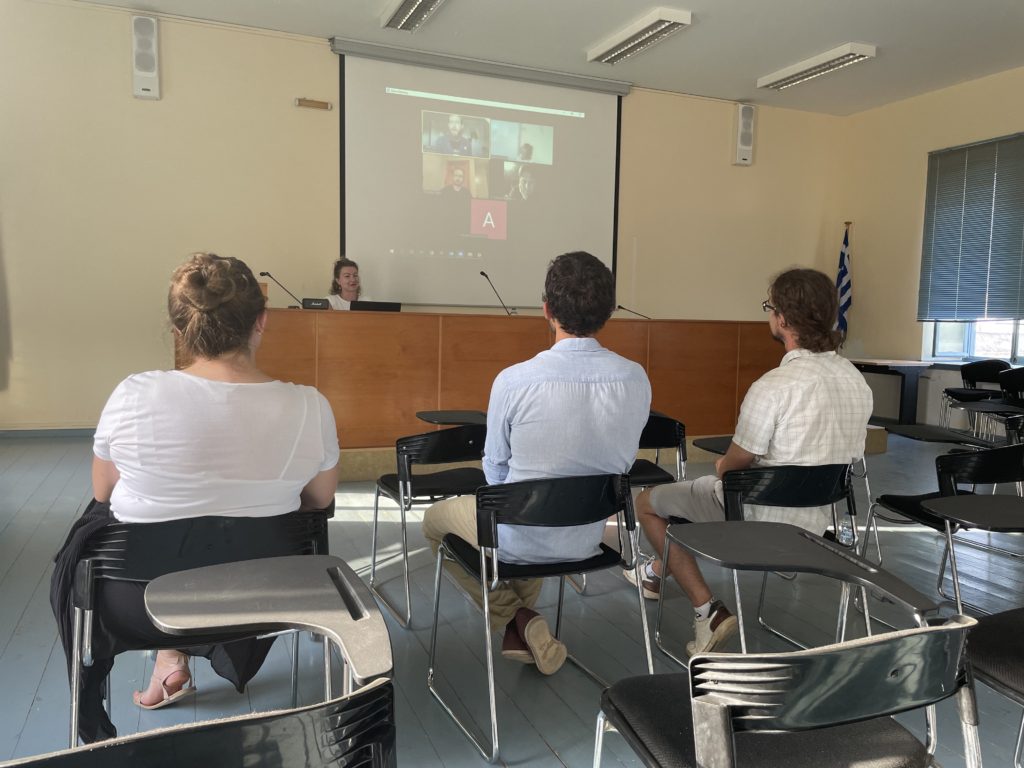
This seminar this August was entitled “Connecting Land- and Seascapes in the Greek world: Ghent-Toronto Young Researchers Meeting, Summer 2022”. It offered an opportunity for us younglings to showcase our work, get to know some of our colleagues, and hear about the interesting work that is being done in Attica and Crete by students at both institutions. The seminar offered the possibility of remote and in-person participation. Thanks to the tireless efforts of my Ghentian counterparts, Sydney Patterson, Killian Regnier, and especially the hero-figure and overall tech master Quentin Drillat’s tenacity, the presentations and the discussion went smoothly throughout the packed two-day schedule.

Discussion flowed effortlessly both in-person and remote. I personally got the chance to talk about my research and thus gain as diverse feedback as possible. I am sure my colleagues, Elliott Fuller and Taylor Stark presenting from Canada, felt the same. We came away from these talks with a sense of wanting to look beyond the boundaries of our respective research topics and were inspired to actively seek converging elements, new avenues to think with, and a much broader horizon than normally is afforded.
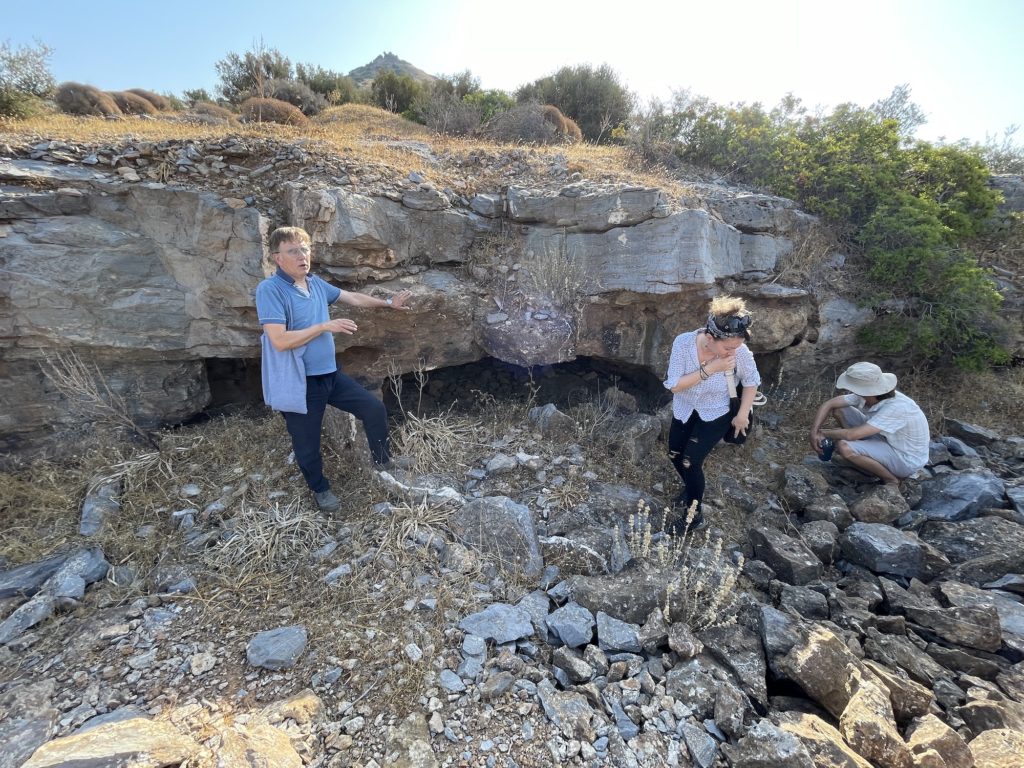
The dinner on Saturday night was a fun opportunity to discuss all things archaeology in a more informal way. It was such a nice outing as we were also able to hear from the team of Ghentian Undergraduate students talk about their experience in Thorikos. I was also especially grateful for the guided tour Prof. Docter, Sydney, Killian, and Quentin had arranged for us, despite having just wrapped up their fieldwork season the previous day. Thankfully the famed μελτέμια (meltemia), the north winds which descend upon Greece in August, kept the heat at bay.
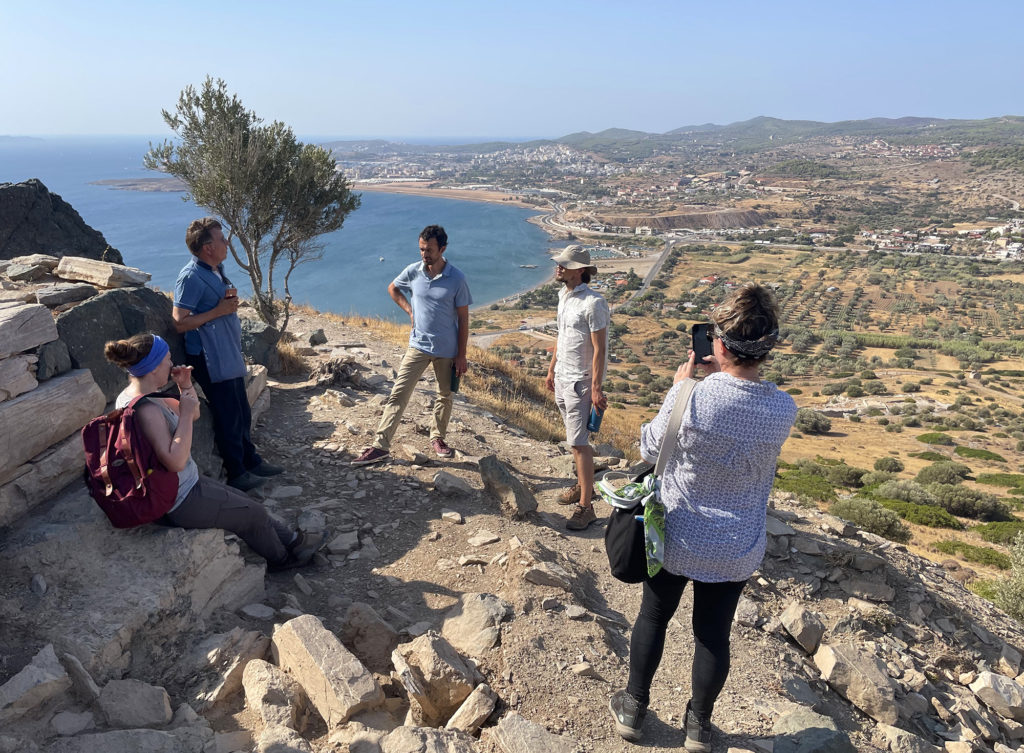
In organising this first joint Young Researchers Meeting in Thorikos, the aim was that this may result in (bi-)annual follow-ups given the continuing engagement of the participants both in Attica and on Crete. And indeed, interest was expressed by both groups to collaborate and exchange resources. All of us left the seminar that Sunday afternoon with a better understanding of the kind of work that is currently being done by both teams and an eagerness to move forward together in the future. All in all, it was a successful business weekend trip for all parties involved. On behalf of the Toronto team, I would like to kindly thank Prof. Docter and his team for being such gracious hosts; the Sunday-morning coffee run by Prof. Docter was especially appreciated by yours truly! I look forward to working with everyone in the future and am excited to see the kind of archaeology we can do together.
